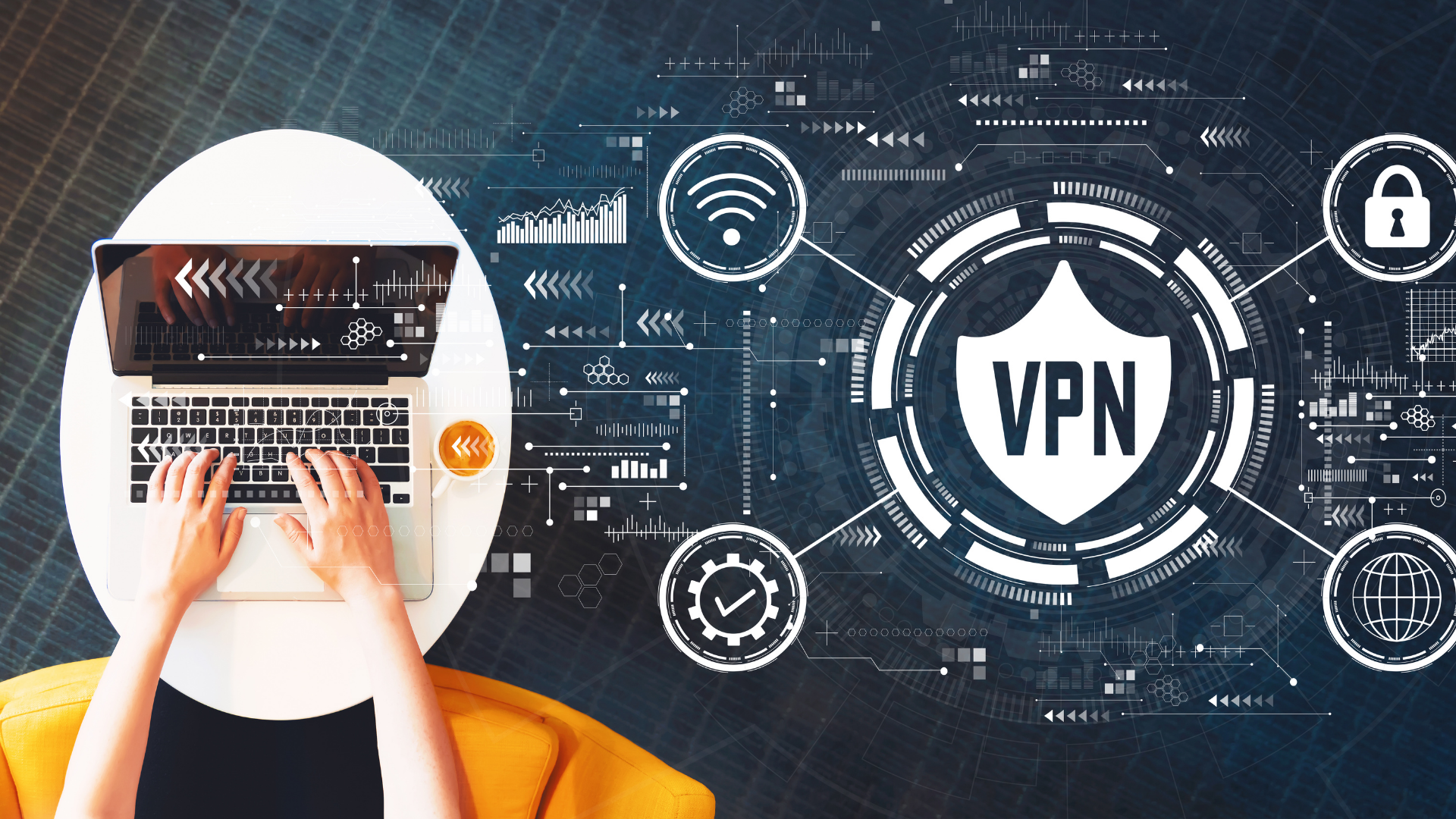VPNs, or virtual private networks, create an encrypted tunnel between your computer and a VPN server. This allows you to send and receive data on the internet as if your computer was directly connected to the server. However, VPNs are not without drawbacks. While they are a great way to protect your data, whether you’re operating a laptop, smartphone, or tablet, they also come with the requirement of setting up a VPN connection every time you’re online.
VPN stands for Virtual Private Network, a network that creates a secure, private connection between two or more computers. The internet is a public network that anyone can access, but we’re not always sure who they are or where they may be located. For example, a malicious hacker could use your internet connection to steal your personal information. A VPN provides a secure and private connection to the internet by creating a secure connection between your computer and a server. That server acts as a secure “middleman” between your computer and the rest of the internet.
A virtual private network (VPN) is a relatively new technology that can encrypt your Internet traffic and make it anonymous. VPNs are not a new idea, and one of the first VPNs was built by a Dutch computer science student in 1992. However, modern VPN technology has evolved and continues to become more popular.
Advantage of using VPN
A VPN or Virtual Private Network is an encrypted service that allows you to connect private networks over a public network such as the internet. Because the connection is a private one, it allows you to connect from a remote location to your home as if you were sitting at your computer/phone. This means you are protected from hackers who would otherwise be able to compromise your personal information and steal your data.
Millions use VPN services every day to unblock restricted or blocked content on their devices. They also use VPNs to protect their privacy, bypass geo-restrictions, access region-locked content, and many other uses. If you have not heard about VPN, then it is high time you get to know about it. VPN is a tool to help you stay away from unwanted eyes. Some businesses may implement a VPN to help their employees stay safe online when working, they may also combine this with a cloud proxy (https://docs.agora.io/en/voice/cloudproxy_native) to help with reliable connectivity when they are connected to a restricted network.
How to Set Up A VPN
Virtual private networks (VPNs) are mostly used for security and privacy purposes. In theory, VPNs allow users to access their systems as if they were connected to the internet from another location, even if they are not physically connected to the internet from their current location. They typically have a subscription fee and require a minimum amount of monthly usage. Whether or not a particular VPN is cost-effective for you will depend on your needs and your budget.
For an additional layer of anonymity and security, You should use residential proxies in conjunction with a VPN. Residential proxies are IP addresses provided by internet service providers to users. When combined with a VPN, residential proxies can help mask your online activity and make it even harder to trace your internet traffic back to you.
VPNs are one of the most popular and powerful tools for accessing blocked content and evading government censorship. Routinely used by people around the world, VPNs have a range of uses, including unblocking websites, maintaining privacy and security on public Wi-Fi networks, accessing region-restricted content, and bypassing Internet censorship.
VPN stands for virtual private network, and while they may not have the same meaning to your average person, they have become invaluable tools for many people. If you are an internet or technology enthusiast, chances are you have heard of VPN before. If you haven’t heard of a VPN, it is a method of accessing the internet that keeps you hidden from the prying eyes of your internet service provider. It can be used to help access geo-blocked sites and evade censorship, making your internet experience cheaper and more private. A VPN is a way of securing our data so that only we can see it and nobody else, including hackers. It’s like a sort of secret code that you can use to encrypt our information so that nobody else can steal it from us.
That’s right. VPNs are a vital online security tool, yet both businesses and consumers too often ignore them. This is a shame, particularly given the benefits they can offer: they can provide complete privacy and anonymity online, offer powerful security, and-most importantly-preserve the sanctity of your data.





Leave A Comment